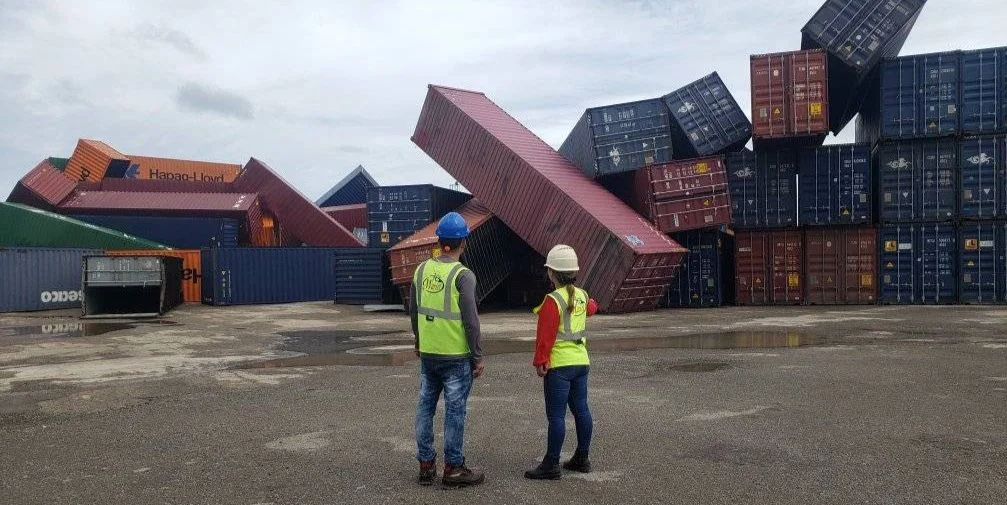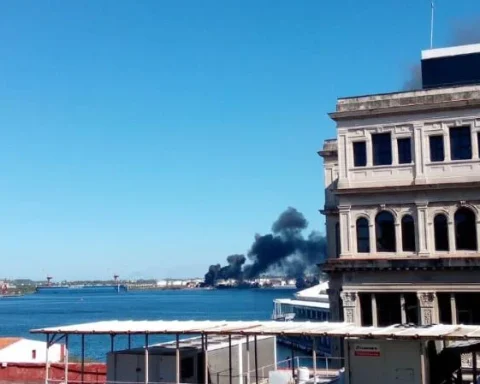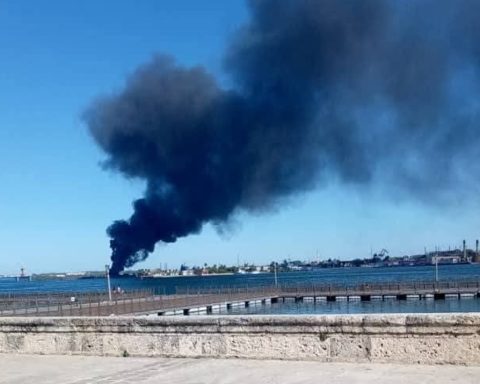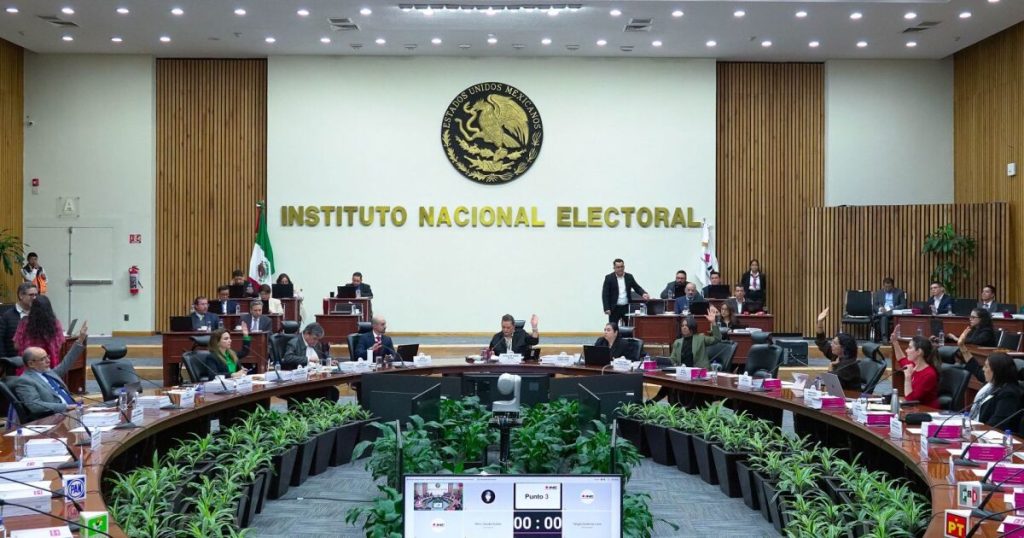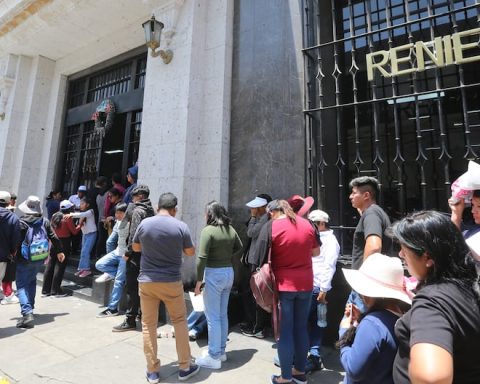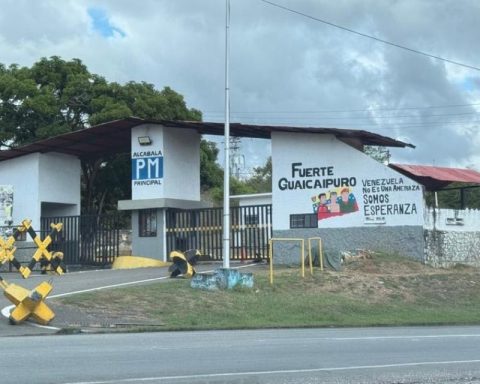MIAMI, United States. – The Cuban Government admitted that the country’s economy will not experience growth in 2024 due to the impact of recent natural disasters (hurricanes Oscar and Raphael and the double earthquake in the East of the Island).
Despite not yet having an exact quantification of the economic losses, the authorities indicated that the effects are significant.
During a press conference held this Thursdaythe Ministers of Economy and Planning, Joaquín Alonso Vázquez, and of Foreign Trade and Foreign Investment, Óscar Pérez Oliva-Fraga, offered details about the preliminary consequences of these natural events. “More than 34,000 damaged homes are reported, with different degrees of impact between total, partial and roof collapses,” reported Alonso Vázquez.
The minister highlighted that recovery plans are already underway, but stressed that they depend largely on the availability of resources, which have been “scarce since before the disasters.” Regarding the electrical sector, the damage includes around 2,449 damaged transformers, a still undetermined number of fallen poles, 200 kilometers of distribution lines affected and the fall of eight high-voltage towers.
In the agricultural sector, the losses are also considerable. “We have 37,000 hectares of land dedicated to agricultural production affected, as well as 381 agricultural facilities damaged, with preliminary estimates of losses of around 383 million pesos,” explained Alonso Vázquez.
Other affected areas include 22 hospitals, 605 communication poles, 276 educational facilities, 189 Domestic Trade establishments, 25 warehouses, 88 pumping systems and four bridges, among others. Despite not being able to offer an exact figure of the total economic impact, the minister announced: “It can be intuited from now on that there will be no growth in the economy during the year.”
For his part, the Minister of Foreign Trade and Foreign Investment, Óscar Pérez Oliva-Fraga, highlighted the support received by the United Nations System in Cuba. According to the official, much of the immediate response was possible thanks to the resources that the UN already had on the ground. He also mentioned “the multiple signs of support offered by numerous governments and authorities of other countries, solidarity groups, companies based in Cuba and Cubans residing abroad.”
The Government of Spain alone has sent 9.3 tons of humanitarian aid to the victims of Hurricane Oscar in the eastern part of the country. The Spanish Agency for International Development Cooperation (AECID) reported that the aid includes 70 tents, 1,000 mosquito nets and 227 kitchen sets, valued at $56,000.
After the impact of Hurricane Oscar on the eastern end of the Island, and before the passage of Rafael and the occurrence of the earthquakes in the southeast of the country, the United Nations System (SNU) in Cuba estimated that at least 33.2 million dollars to cover basic needs and support the long-term recovery process in the region affected by Hurricane Oscar.
The storm, which hit the eastern end of the largest of the Antilles with winds of more than 130 km/h and rains of up to 600 mm in some areas, especially affected the municipalities of Baracoa, Maisí, Imías and San Antonio del Sur, where left eight dead and two missingaccording to data from the Cuban authorities.
The funds estimated by the SNU include resources to restore access to basic services such as drinking water and electricity. The hurricane damaged health centers and water and sanitation systems, leaving thousands of people without access to these essential services.
“Recovery efforts should focus on restoring health services, ensuring access to drinking water and providing adequate sanitation facilities to reduce health risks,” says the SNU.
On the other hand, the agricultural sector was one of the most affected, with devastating losses in coffee, cocoa and banana crops. These products, essential for the local economy and the livelihood of thousands of families, were practically destroyed. According to the report, more than 15,000 hectares of farmland were destroyed, raising the possibility of a food crisis in the region and the need for financing to rebuild this critical sector.
“The cost of recovering agricultural production is enormous, and the losses will prolong the food crisis in the region if action is not taken quickly,” warns the SNU.
